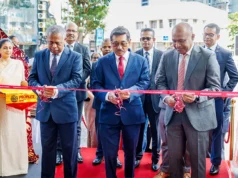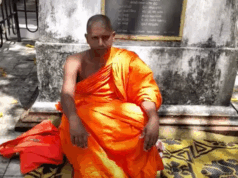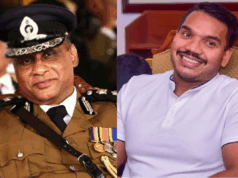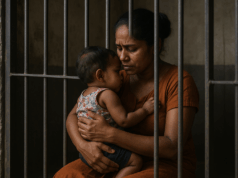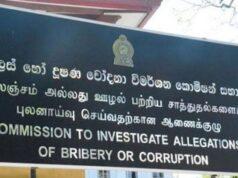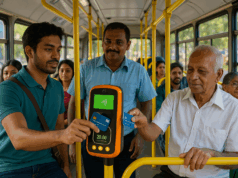Glorious uncertainties define both cricket and power politics—where nothing is more certain than the unexpected. Explosive starts therein do not necessarily guarantee smooth sailing or easy victories; unforeseen trouble comes from unexpected quarters. Whoever would have thought that the people would ever rise against the SLPP government elected by them with a two-thirds majority in 2020, and President Gotabaya Rajapaksa, a former military officer, would head for the hills a little over two years into office? So, it is only natural that the NPP government is experiencing difficulties on all fronts.
The NPP may have expected the 06 May local government (LG) polls to be a walk in the park for it, but their outcome has left 178 out of 339 local councils hung. It has since been trying to seize control of the councils where it obtained more seats than the runners-up, but could not secure absolute majorities. It has also had to bite the bullet and resort to horse-trading, just like other parties, to enlist the support of its rivals to muster working majorities in the councils where it has obtained pluralities.
President Anura Kumara Dissanayake warned, before the 06 May LG polls, that if the NPP’s rivals won any LG bodies, those councils would find it extremely difficult to receive state funds, and that it was therefore prudent for the public to vote for the NPP so that their interests would be served better; the government politicians have been repeating this warning since the conclusion of the polls as well in a bid to prevent its opponents from gaining control of the hung councils. But the Opposition parties, especially the SJB, the SLPP, the UNP and the UPFA, have already closed ranks and seized control of several hung councils, including the Kadugannawa Urban Council, the Kuliyapitiya PS, and the Udubeddera PS. The SLPP, which could not win a single council in last month’s election, has had its members appointed Chairpersons in a couple of LG bodies, with the help of other parties!
Whether the NPP government will shoot itself in the foot by carrying out its threat to stop allocating funds to the local councils which the Opposition has gained control of remains to be seen. Such a drastic course of action will lead to battles on both legal and political fronts and cause public opinion to turn against the government, which has promised to adopt democratic best practices and lead by example.
Some of the Opposition parties have formed a common front, and their coming together bodes ill for the NPP, for that will make the ongoing anti-government campaign better focused and more aggressive. This must be a disquieting proposition for the NPP, which has benefited from its rivals’ disunity. The SJB, the UNP, the SLPP and the UPFA have made a public pledge to work together and jointly administer the local councils under their control. It is popularly believed that Opposition alliances formed in a hurry for expediency usually do not last long, but there have been instances where they worked, the 2015 regime change being a case in point.
Going by the outcomes of the general elections during the past several decades, Sri Lanka has shown signs of returning to alternate power shifts, which characterised electoral politics prior to 1977. This trend has become more manifest since 2015. Gone are the days when political parties had solid vote bases. Floating voters now hold greater sway than in the past and have determined the outcomes of elections, especially in 2015, 2018, 2019, 2020, 2024 and 2025.
The NPP has won elections by attracting the swing voters who previously backed the UNF and the SLPP in 2015 and 2019/20, respectively. But there is no guarantee that the NPP will be able to retain their support in future elections. A significant drop in its national vote share in last month’s LG polls indicates that the NPP has alienated a considerable number of floating voters owing to unfulfilled promises, anti-incumbency sentiments, and serious allegations against some of its leaders.
Signs are that the deepening acrimony between the NPP government and the Opposition in Parliament will percolate down to the local councils, further complicating their administration. Ordinary people will be the losers.

